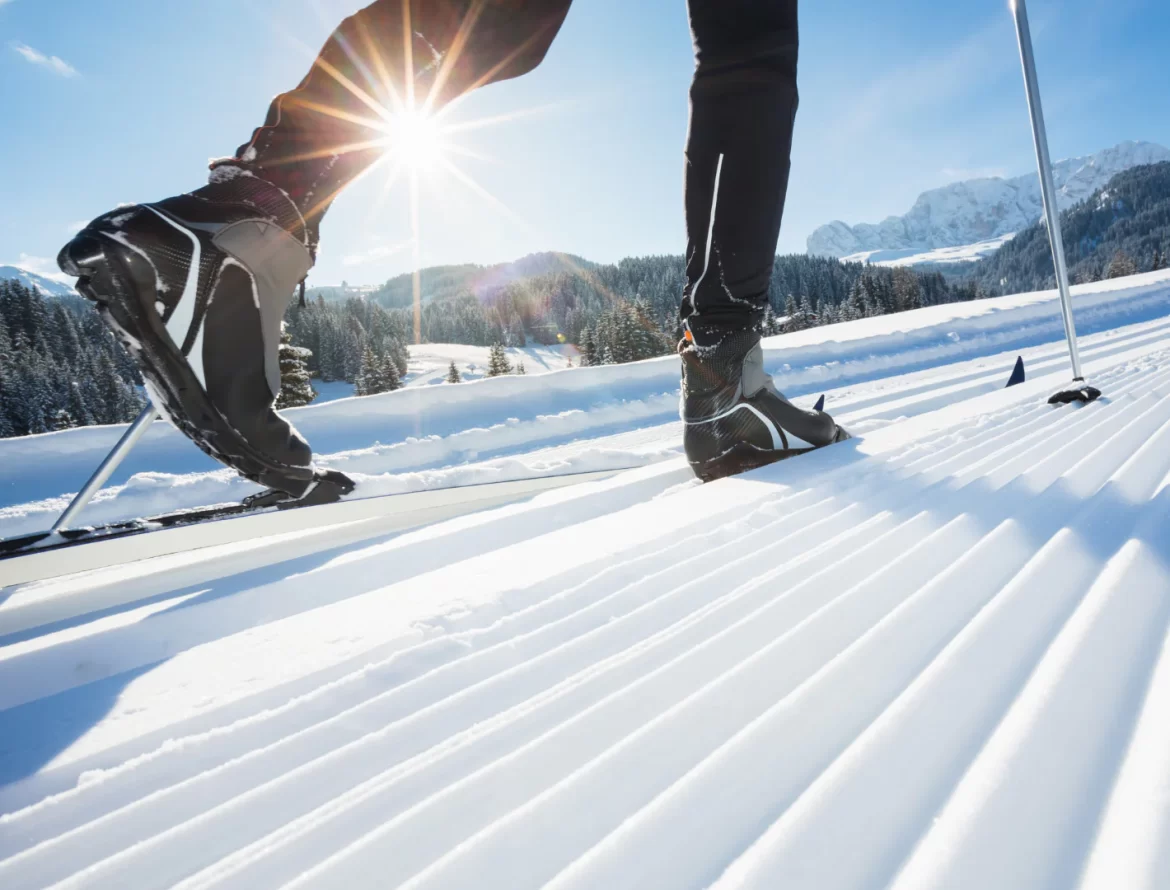There are various things to do outside as the weather gets colder. Ice skating is a classic holiday activity. Since not a lot of options are available during the cold months, ice skating is the best way to have fun this season. It is important to stay safe to avoid any unnecessary accidents. This is why following some safety tips becomes crucial.
Even though professional and good skaters make ice skating look really simple, it is not. The blades on the skates are sharp and can cause injuries. The most common injuries from ice skating accidents include bruises, sprains, fractures, and head injuries. Get your ice skating equipment from Liquida Sport Skis de fond today.
Tips to be safe on the skating rink
- Wear a helmet.
Hundreds of injuries happen every year because of a lack of helmet usage. You wear helmets while riding a bike and a motorbike. There is no reason you should not wear one to protect yourself in case of a fall or collision in a skating rink. When you fall on the ice, you would not want your head to bleed due to the impact.
- Practice falling.
It is easier to control your fall rather than prevent yourself from falling, especially when you are just learning. Practice falling by protecting your head and keeping your limbs away from the blades to avoid getting a sharp cut. Always try landing on your back or rear and tuck your chin into your chest. If you fall on your face, cover your head and face using your hands.
- Check the ice.
Ice rinks regularly smooth out the ice to fix any rough spots and make it safe for skating. It is crucial to fill in holes to prevent skaters from tripping. If you spot any potentially risky gaps, inform the staff at both indoor and outdoor rinks.
- Keep a safe distance from other skaters.
Inexperienced skaters may grab onto you when they begin to fall. Whether you are going skating for the first or hundredth time, avoid getting too close to others. You would not want to cause someone else a painful injury accidentally or be involved in some kind of accident due to others.
- Stick to what you know.
Inexperienced skaters look at experienced and professional ones and attempt to do what they are doing. As tempting as it can be, it is suggested to avoid trying something over-the-top. For instance, skating backward, spins, or jumps. Visit the skating rink, practice every day, and learn bit by bit.




